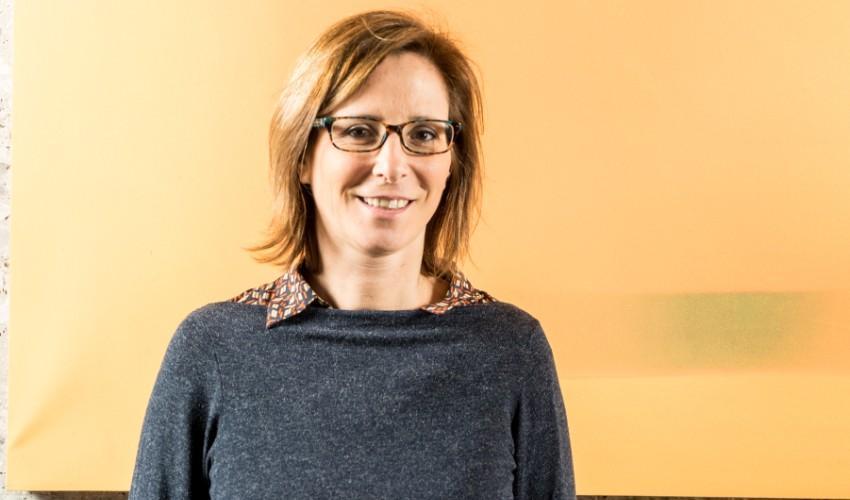
A Sensor to Protect Newborns
ALESSIA MELEGARO HAS RECEIVED A PRESTIGIOUS GRANT TO STUDY THE INTERACTIONS OF INFANTS IN DEVELOPING COUNTRIES IN ORDER TO IMPROVE VACCINATION POLICIESAlessia Melegaro received funding worth $160,000 to participate in a research project aimed at mapping newborn babies' interactions with their families in some developing countries. She and other scholars will be able to use collected data to build better models of infectious diseases’ spread. «In addition», explains Professor Melegaro, «the children we care about are sometimes too young to be vaccinated and the availability of detailed maps of their interactions will help specialists understand which family members to vaccinate in order to keep newborns from getting sick».
Prof. Melegaro will work in Mozambique, Pakistan, India and Guatemala as part of a $2.6 million Global Mixing Study project coordinated by Emory and Yale Universities and funded by the NIH (National Institues of Health), the US Department of Health's biomedical research agency.
The Dondena Centre Fellow will draw on the experience developed through her project DECIDE, The impact of Demographic Changes on Infectious DisEases transmission and control in middle/low income countries, funded by the European Research Council, on the interactions among school children in Zimbabwe and Kenya. Both projects use RFID (Radio Frequency Identification Devices) chips that record how often a subject is below a certain distance (established by the researcher) from another person.
«We will collect standard interaction data through a questionnaire, and in addition we will record the interactions through sensors», explains Melegaro, «in search of interaction patterns typical of each culture. In the past, the use of data collected in this way instead of standard data has improved our ability to predict infection spreading patterns». For each country, data will be collected in a rural community and in an urban center.
The models that will benefit the most from this project are those that predict the spread of diseases that affect children in developing countries, such as the respiratory syncytial virus (RSV), for which several vaccines are currently being tested at various stages.
by Fabio Todesco
